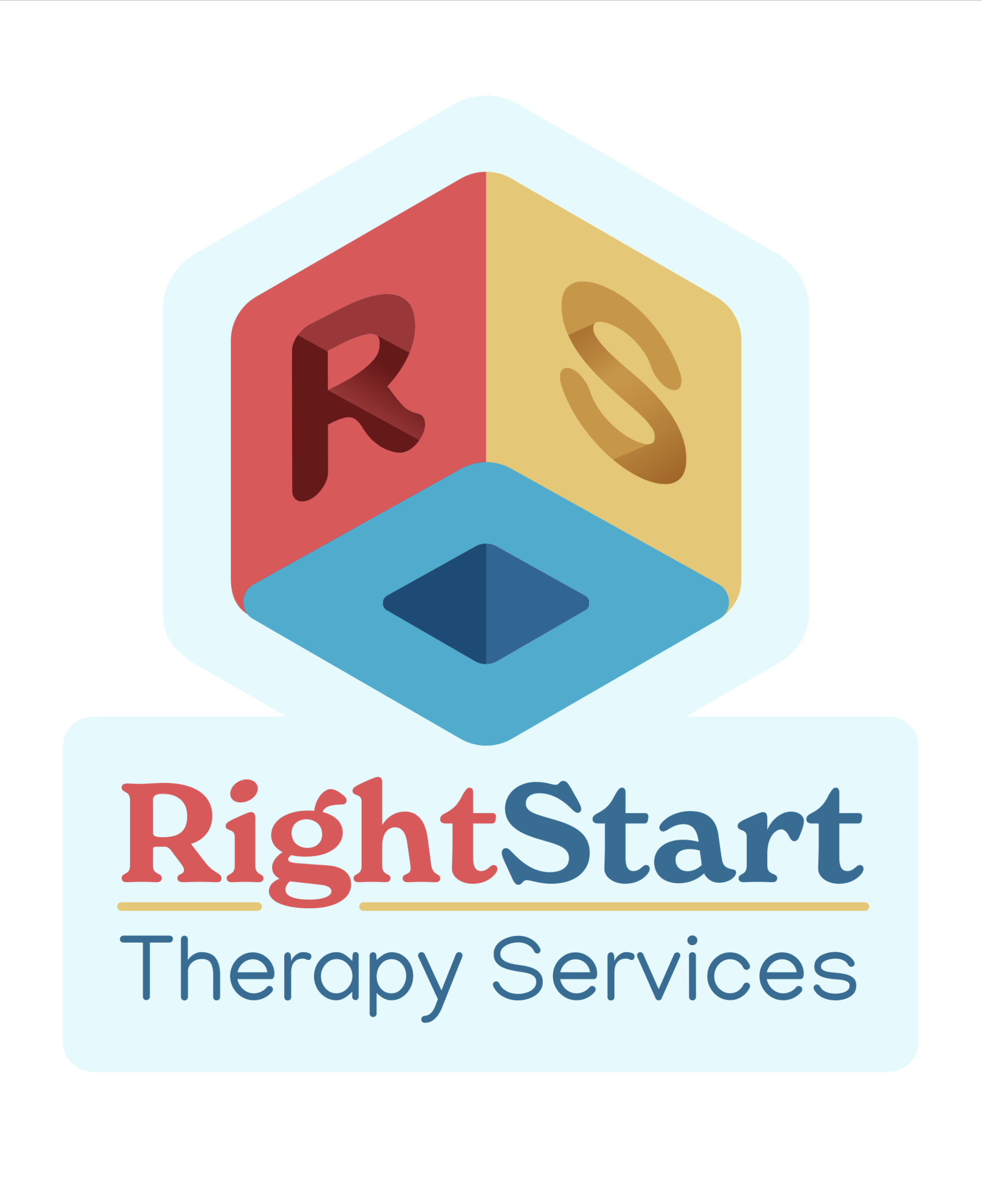Michael Rosanoff, Autism Speaks Associate Director of Public Health Research and Scientific Review, reponds to Dr. Max Wiznitzer’s comment on MSNBC where he urged caution before jumping to a conclusion of an autism diagnosis.
Read our full coverage of the CDC’s prevalence update here.
The new CDC numbers on autism prevalence are much more than just numbers. These numbers represent real people and real families. And these numbers may still be underestimating the magnitude of the challenges being faced by our community.
Dr. Max Wiznitzer was correct when he said on Friday on MSNBC that the CDC approach to measuring prevalence relies on medical and service records. What he failed to mention was that for this very reason, it misses those individuals with autism who have not yet been diagnosed or are not receiving the necessary medical and education services.
Thus we are still underestimating autism prevalence in the US. In a study Autism Speaks funded in South Korea that used a direct identification approach where children in classrooms were actually screened, the prevalence of autism was 1 in 38.
Even here in the US, a study involving the CDC published last year found the parent-reported prevalence of autism was 1 in 50. What is most concerning is not that we are underestimating the numbers, but that there are children and adults with autism in this country yet to be identified and thus not able to benefit from having access to important services.
As we have witnessed the rise in prevalence over time, scientific advancements have been made in the detection and treatment of autism. Among the most important findings – one that we can all agree on – is that early identification and early intervention are best. There is not a minute to lose, and minutes can feel like days, for parents who have concerns – any concerns about their child’s development.
So please, if you do have any questions or concerns speak to your pediatrician. “Wait and see” is not an option, and if one doctor suggests it, consider seeing a second doctor. With these new numbers, never before has awareness and education about autism been so important.
Its early warning signs, the challenges our diverse community faces, and options for treatments and supports across the lifespan. Regardless of the numbers, there are more people affected by autism today than ever before. Autism Speaks, every single day, strives to help improve the health and wellbeing of families and their loved ones with autism. If you have concerns or questions, we invite you to explore the vast amount of reliable information developed in partnership with doctors, teachers, parents, and individuals with autism at www.AutismSpeaks.org.

